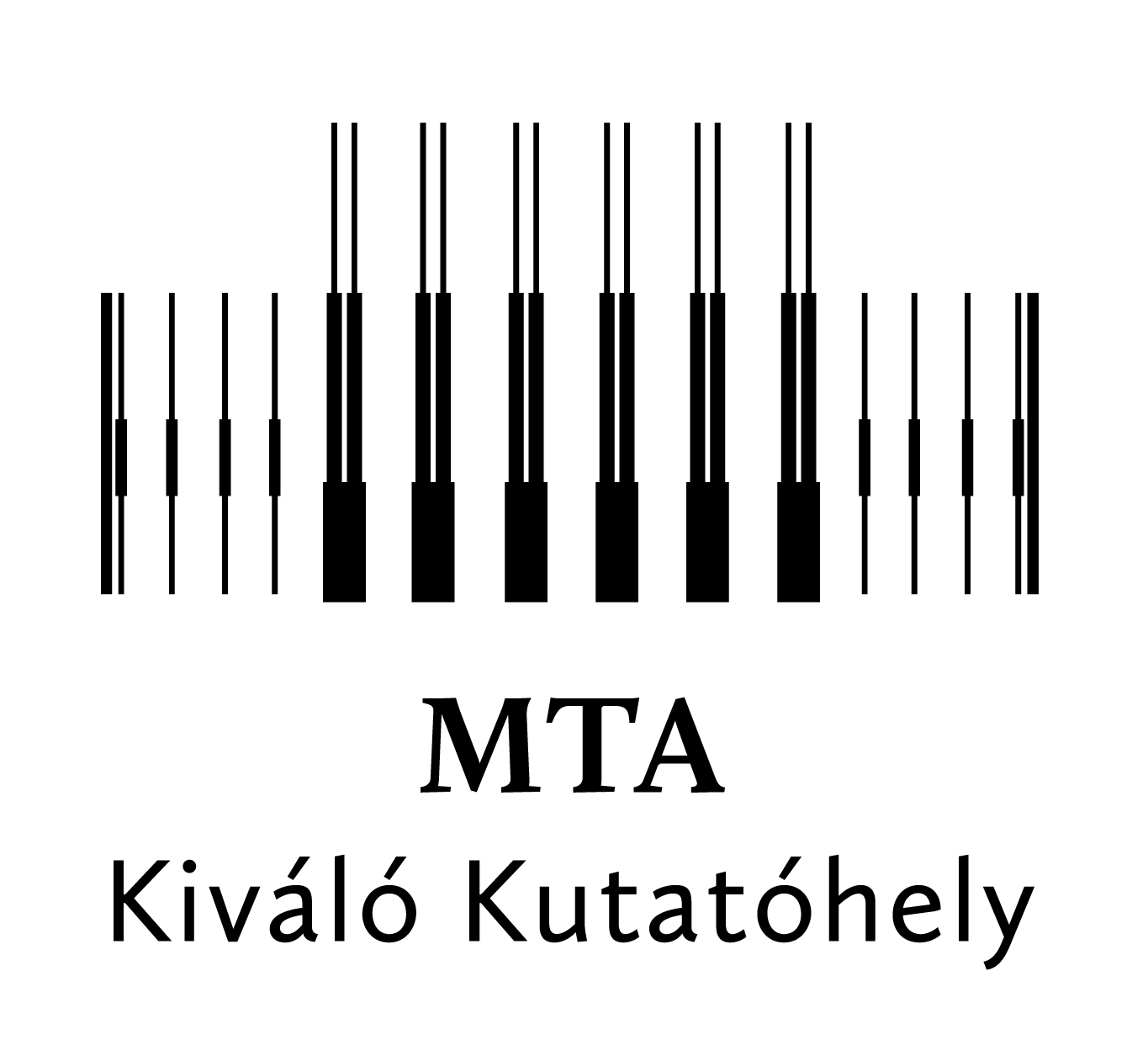FINANCIAL INFORMATION SYSTEMS
a 3 creditpoint course sponsored by Morgan Stanley and scheduled at the 2nd and 4th week of October
�lecturer: Prof. Bruce, W. Weber,� University College London (UCL), London Business School
at Budapest University of Technology and Economics
Aims:
The subject provides a broad overview of the use of information technology in the financial services sector, an important industry sector for information technology professionals. The module provides exposure to and experience with different kinds of financial services software applications.
�
Schedule
Monday October 8:� 14.00-17.00
Tuesday October 9:� 9.00-12.00 and 14.00-17.00� (PC LAB 1)
Wednesday October 10:� 14.00-17.00� (PC LAB 2)
Thursday October 11:� 9.00-12.00� (FRONT OFFICE GUEST SPEAKER)
�
Wednesday October 24:�9.00-12.00� (40 MINUTE QUIZ) and 14.00-17.00�
Thursday October 25: 14.00-17.00� (PC LAB 3)
Friday October 26:�9.00-12.00 (BACK OFFICE GUEST SPEAKER) and��14.00 17.00�
�
Learning outcomes and obtained knowledge
Upon successful completion of the module, students will understand the impact of IT on banking and markets; have knowledge of the learning-edge applications of information technology in financial services firms; understand financial automation and how IT is transforming the industry; understand how to implement computer based financial analysis and models; understand how to use financial decision support software; have knowledge of specific classes of financial information systems such as multi-lateral trading facilities (MTFs), and other market systems, trader workstations, funds transfer networks and back office system; and be able to apply the knowledge and understanding they have gained in real-world financial services contexts.
�
Content
|
Introduction and overview of course topics |
Information systems in the financial services industry, economic forces and transformations of financial activities and consumer payment habits |
|
Financial software and analytic tools |
Portfolio optimization, derivatives analysis software,� position analysis and hedge construction in options markets value at risk simulation |
|
Markets, trading and information technology |
Exchange order matching and routing systems, on line markets for trading currency, equities, bonds and derivatives |
|
Banking and payment processing systems |
Payment processing in financial services, advances in payments and transaction technology, payment networks secure payments, electronic money |
|
Financial markets infrastructure |
Front-office and back-office systems, messaging and protocols for straight through processing (STP), after the trade: Clearance and settlement systems, disintermediation in primary markets and trading/secondary markets |
�
Method of instruction
Lecture presentations with associated tutorials and hands-on lab sessions. There are two courseworks, weighted 15 and 10, respectively.
Lecture presentations are condensed into two one-week sessions, planned in the first week of October and in the third week of October.
�
Application criteria and pre-requisites:
Any students having completed 6 semesters in the program of Technical Informatics or in Electrical Engineering can apply for the course.
Limited knowledge on capital markets, equities and exchange are requested (for suggested literature prior to the course visit the websites):
http://www.jstor.org/view/00251909/di012988/01p0257p/0, http://www.jstor.org/view/00221082/di991963/99p06486/0)
�
Assessment:
The course has the following assessment components:
����������� written examination (2.5 hours, 75 %);
����������� coursework section (2 pieces, 25 %)
To pass this course, students must:
������������� obtain average 40% on the coursework component;
������������� obtain an average of at least 50% when the coursework and exam components of the course is weighted together.
�
The examination rubric is: Answer all three questions. The number of marks available for each question is as follows: Q1=45; Q2=30; Q3=25.
�
Resources:
Weber,B. case and tutorials: “IT in the major international financial markets”, “Derivatives analysis tutorials with option simulator”, “compendium on payment systems”, “Optimark: computerizing block trading”, “Value at risk (VaR): a primer for VaR simulation analysis”
Fredman, R: “An introduction to financial technology”
�
Interested in applying for the course ?
Send an e-mail to the address horandi@vik-dh.bme.hu indicating that your are interested in the course (expressing interest does not imply any obligations).
